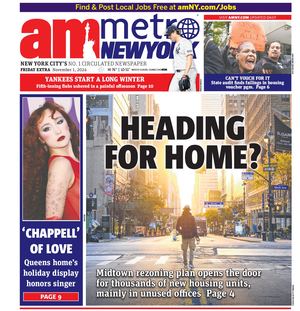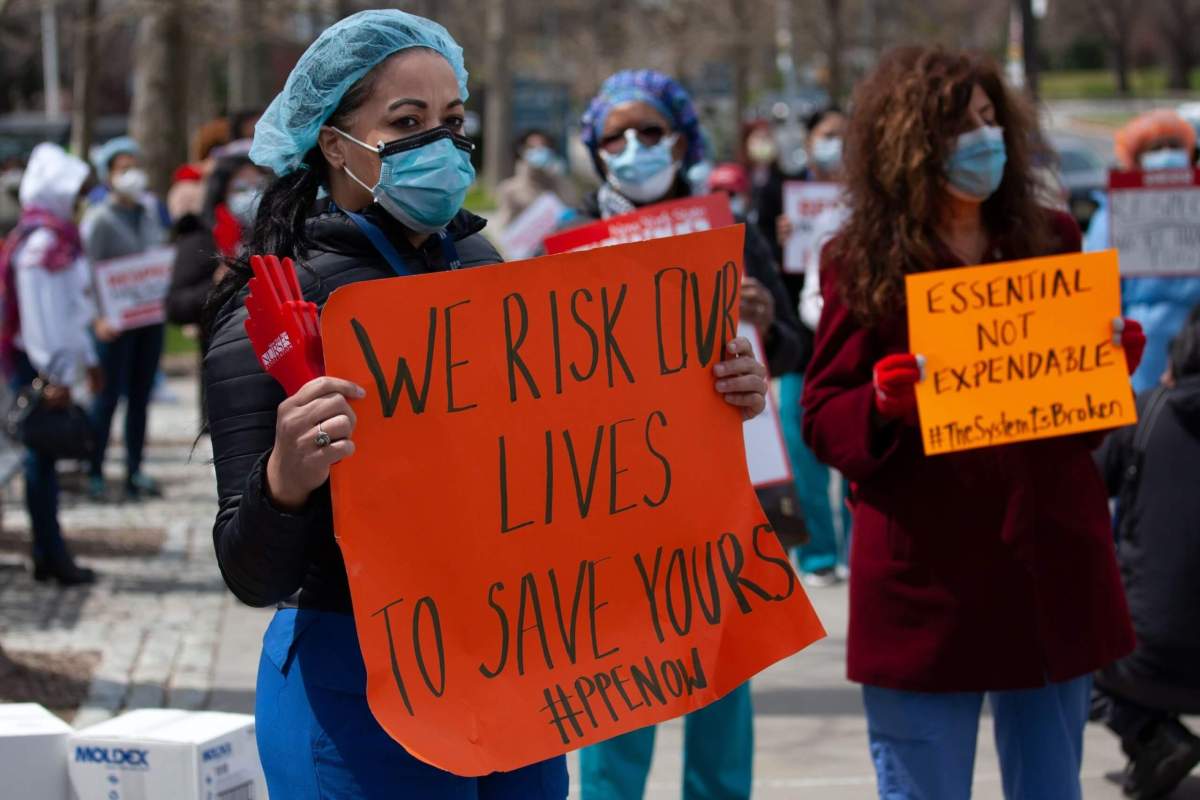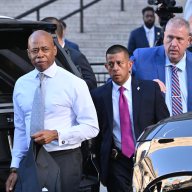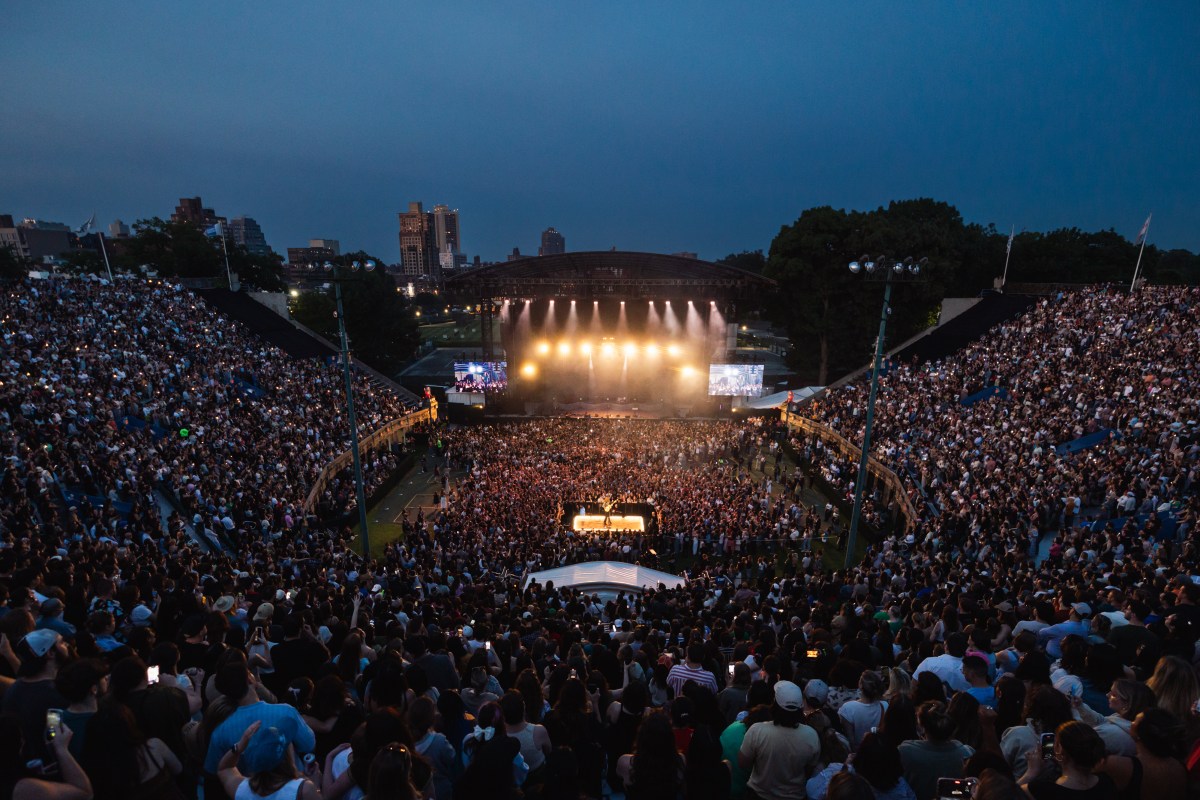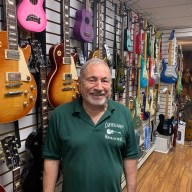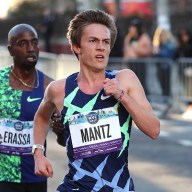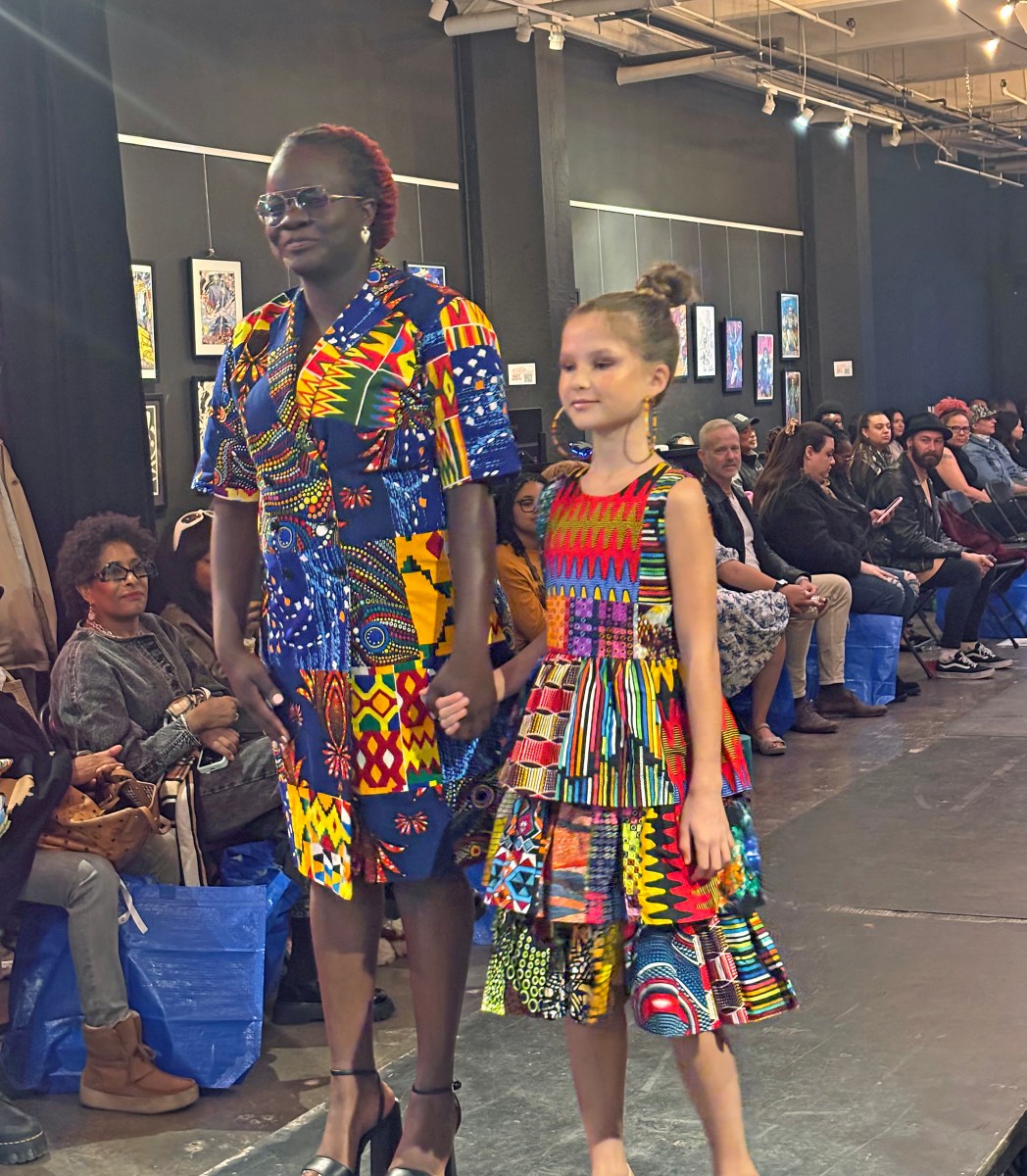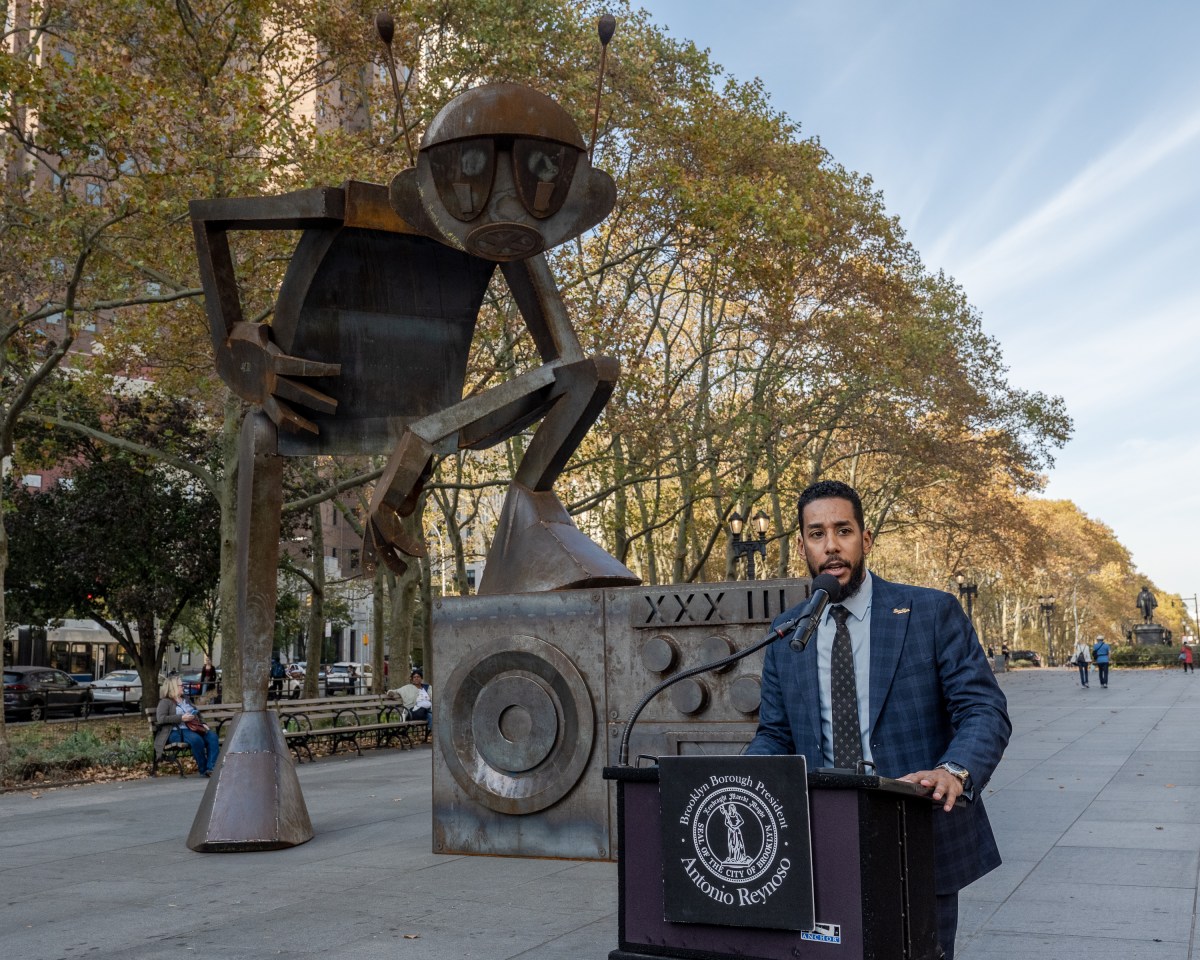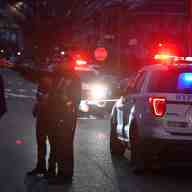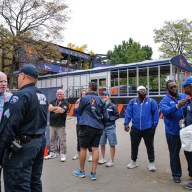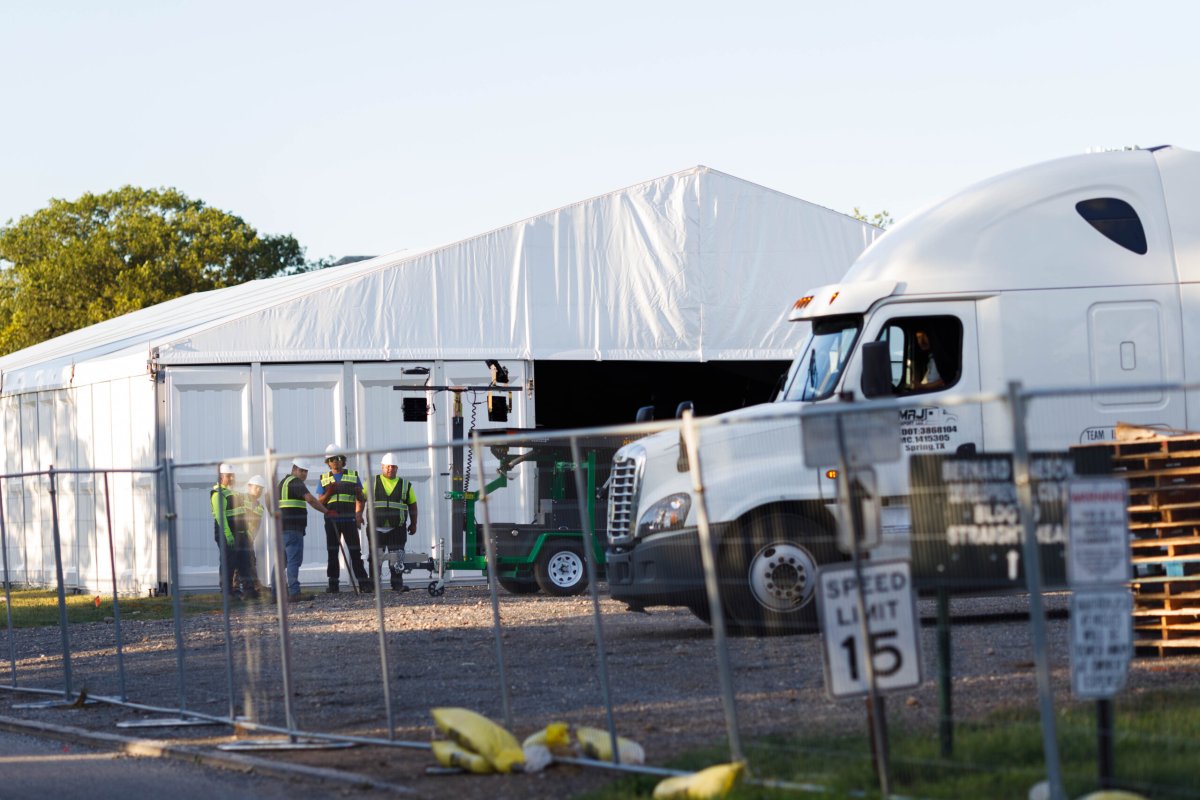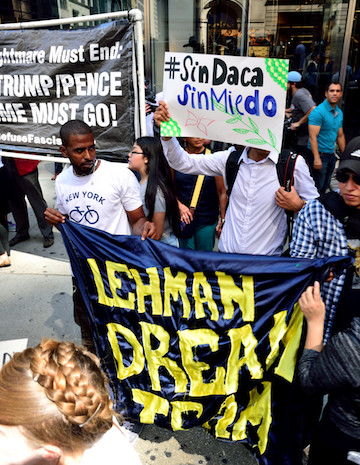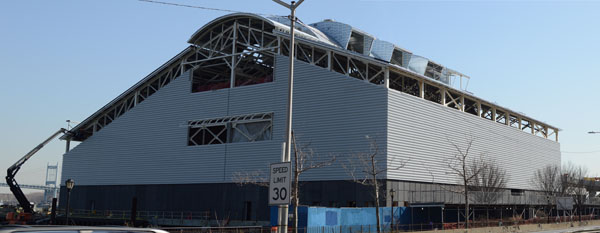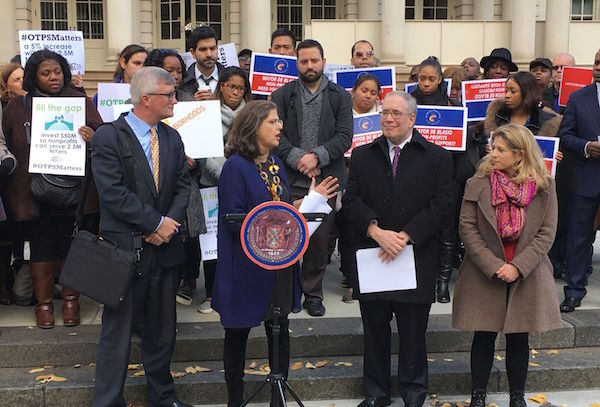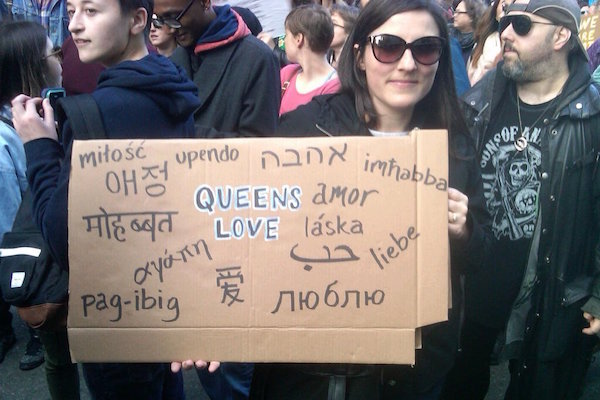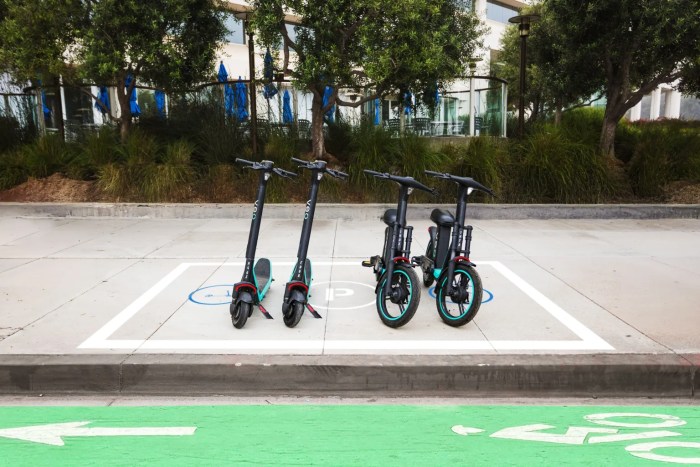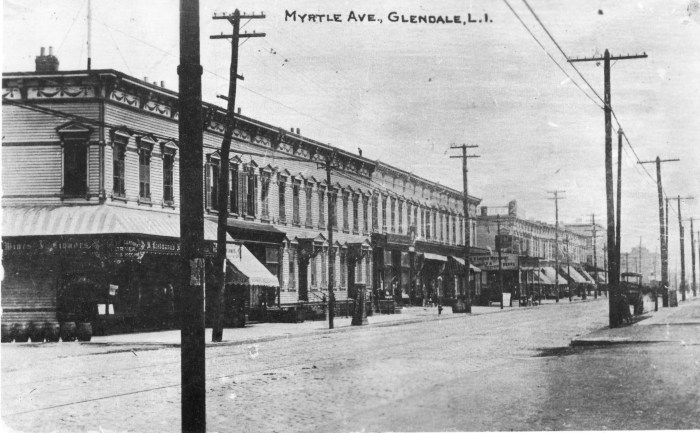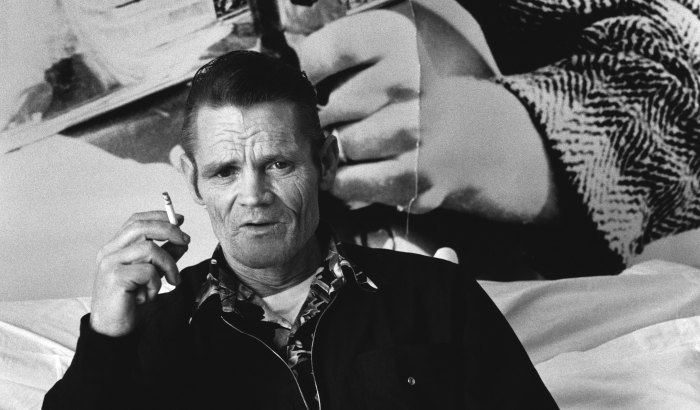By Greg B. Smith, THE CITY
This article was originally published on by THE CITY
City Comptroller Scott Stringer said Thursday that THE CITY’s “deeply disturbing” report detailing how the de Blasio administration got the wrong masks and lost track of crucial equipment added fuel to his probe of $1.4 billion in COVID-related purchases.
Stringer, who is running for mayor, had demanded in August that City Hall turn over records related to no-bid contracts awarded during the early days of the coronavirus crisis when de Blasio suspended the comptroller’s oversight over contracts.
On Thursday, Stringer said his office is looking into the gaps in the Department of Citywide Administrative Services’ handling of key purchases during the height of the COVID-19 emergency when medical personnel were desperate for surgical grade protective masks and life-saving ventilators.
“What you reported today is deeply disturbing,” he told THE CITY. “It’s why we are investigating City Hall and its role during the beginning of the pandemic.

“We’re not investigating because we want to play gotcha,” he added. “But we need to have a more transparent understanding about what happened in the earliest days of the virus, the role of government during this time period.”
The comptroller said his office months ago demanded a raft of documents from de Blasio’s team related to the COVID-related buying spree, but has yet to receive the requested records.
“We are continuing our investigation, trying to obtain the necessary documents to complete our investigation. That has been a struggle and I’ll have more to say about that shortly,” Stringer said. “The city is playing a game. They’re slow-walking their documents and it will not be tolerated.”
Non-Surgical Precision
THE CITY’s examination of internal emails, inventory records and recorded virtual staff meetings from April and May found DCAS — the agency that handles most of the city’s purchasing — for several weeks did not systematically monitor the huge number of equipment shipments that arrived at its huge storehouse in Queens.
At times, the agency lost track of ventilators and protective gear — and purchased millions of “surgical masks” that turned out to be non-surgical, making them useless in a medical setting. Dozens of boxes of non-medical masks that hospitals couldn’t use wound up taking up space in the cavernous warehouse.
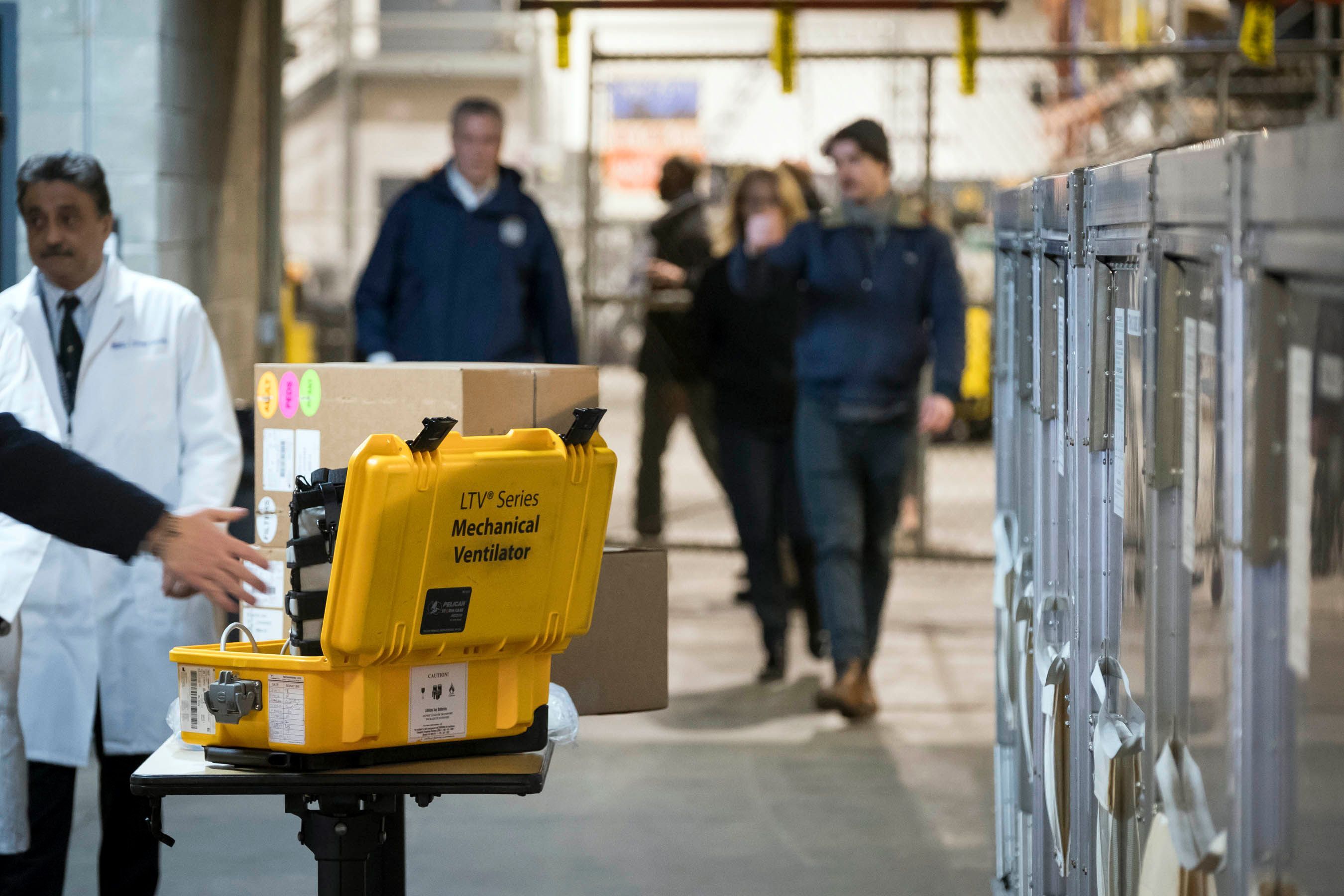
In one case, the agency bought $10 million worth of machines that could be repurposed as ventilators, but the city hospital system would not take them. They now sit in a stockpile, unused.
In another case, officials couldn’t account for 100 ventilators that later turned up in hospitals.
Recordings of virtual staff meetings reveal how DCAS supervisors struggled to reconcile what was coming into the storehouse and what was going out.
They admitted they weren’t properly tracking incoming boxes — and performed “inspections” that consisted of looking at the outside of a box before shipping it off to health officials
And the system for tracking outgoing items often didn’t include basic information on the quality and quantity of the equipment shipped out.
“Stop this s—t! Stop this s—t! Fix the problem!” one exasperated DCAS officials declared during a May meeting, a recording obtained by THE CITY found.
DCAS Commissioner Lisette Camilo, through a spokesperson, insisted that the agency could account for everything purchased.
Special Inspector Bill Eyed
In April, THE CITY reported on DCAS’ purchases of pandemic-related medical supplies from Digital Gadgets, an electronic-devices firm run by a major campaign donor to de Blasio.
At the advent of the coronavirus crisis, DCAS awarded Digital several no-bid contracts, including a $91 million agreement to provide ventilators, which was later cancelled, and $25 million in contracts to provide masks.
That included an $8 million for Digital Gadgets to provide what it described as two million “surgical grade N95s,” the top-quality masks that best protect front-line medical workers. But DCAS determined that the masks that showed up were not approved by the Food & Drug Administration and couldn’t be used for medical purposes, documents show.
Digital’s lawyer, Harlan Lazarus, disagreed with DCAS’ statement that the masks were not FDA approved, stating that they were “cleared” by the feds. He insisted that Digital did nothing wrong and that the company followed all the required regulations.
Meanwhile, City Councilmember Fernando Cabrera (D-Bronx), said the governmental operations committee he chairs is considering a bill to create a special inspector within the Department of Investigation to review COVID-related purchases.
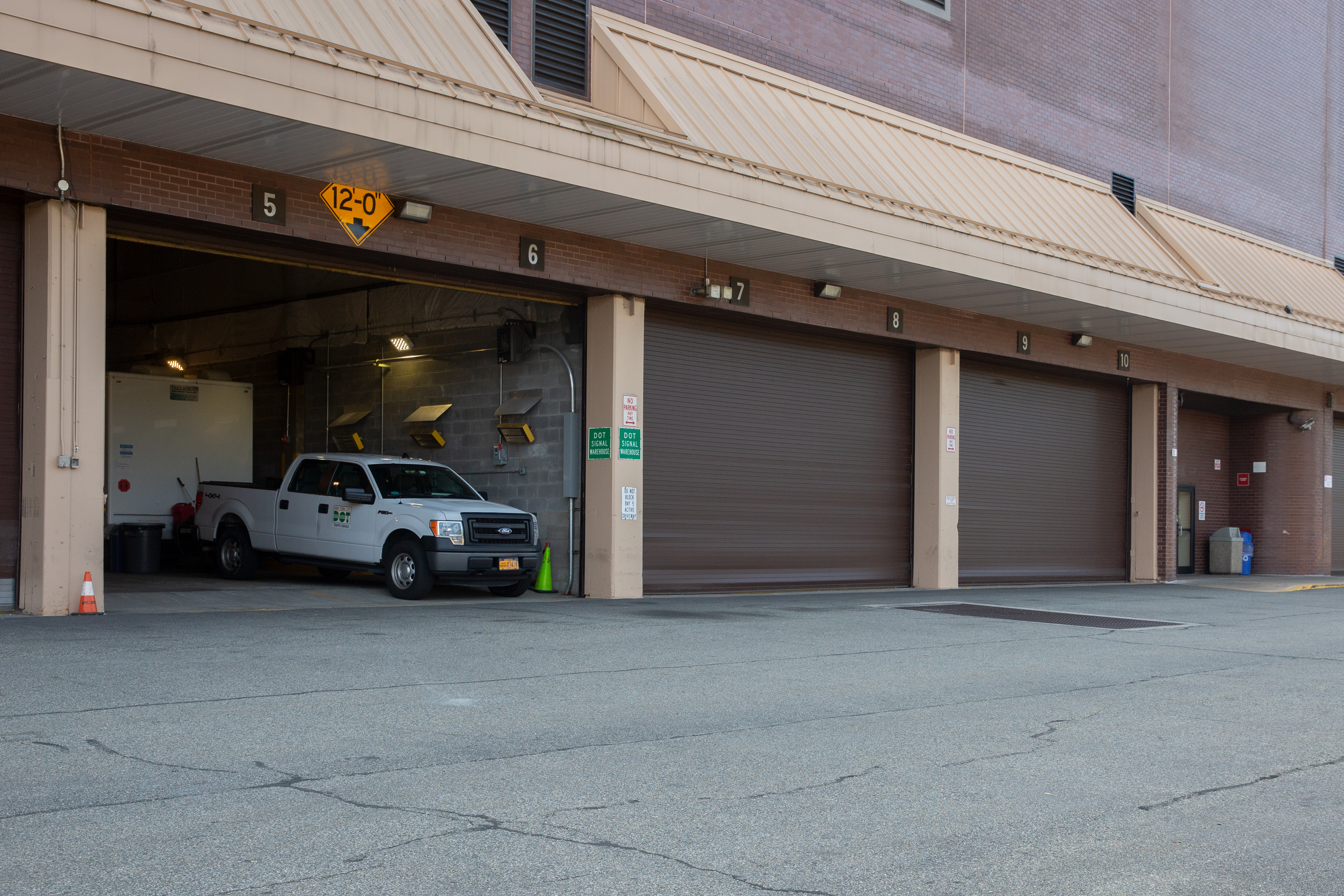
He noted that a recent hearing on COVID-related purchases made clear that “DCAS does not have the capability to judge the appropriateness or quality of medical equipment (it purchases) — this must be left to the hospitals, which have the expertise to make these important judgment calls.”
And with the city facing a potential second wave of the virus, Cabrera said, vowed to keep a close eye on future purchases.
“I will be watching how [personal protective equipment] items will be vetted going forward, and watching to see a process for follow-up,” he said. “No one expected COVID-19 to be as deadly or as far-reaching as it has been, but our experience with the first phase better prepares us for the new phase.”
THE CITY is an independent, nonprofit news outlet dedicated to hard-hitting reporting that serves the people of New York.
